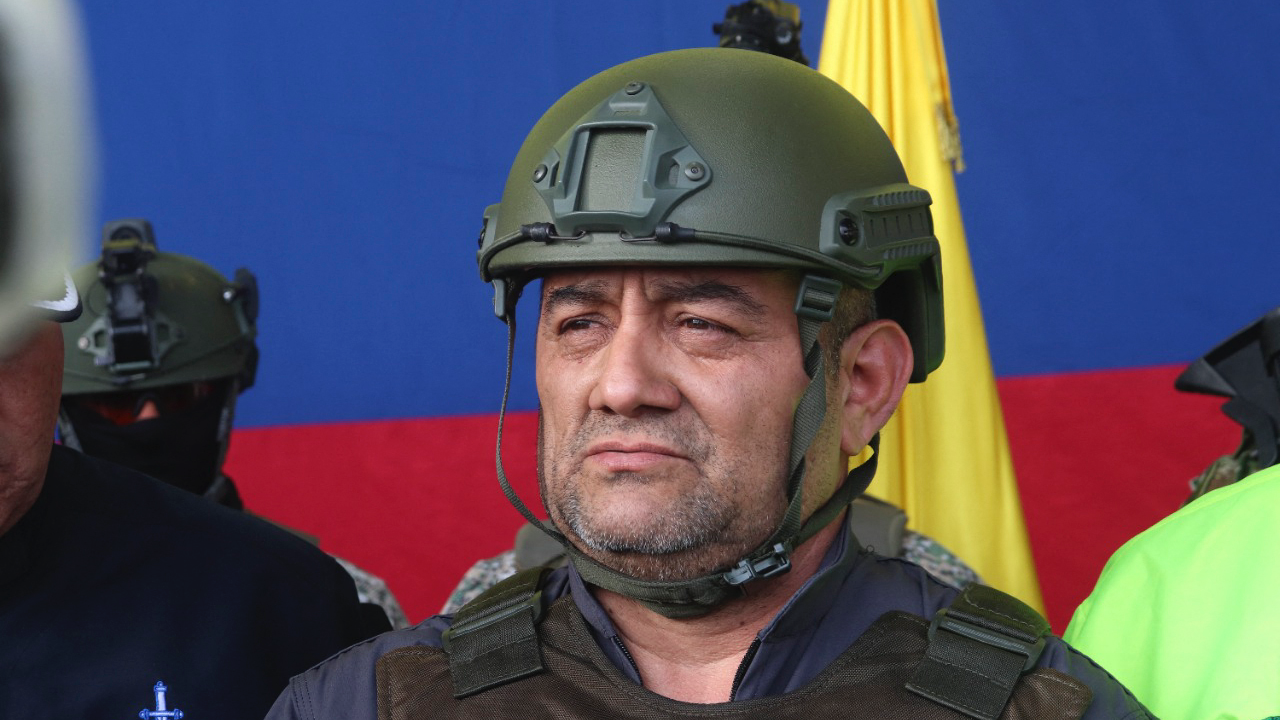First modification:
In a conversation with the Reuters news agency, the Colombian High Commissioner for Peace, Danilo Rueda, assured this Tuesday, February 21, that he hopes to begin talks with the dissidents of the extinct FARC guerrilla in “a few weeks.” A step towards the “total peace” that the government of the leftist Gustavo Petro wants. The announcement comes when talks with the National Liberation Army (ELN) have already begun in Mexico.
Gustavo Petro’s ‘Total Peace’ project posed an enormous challenge from its formulation: achieving dialogue with the FARC dissidents. An idea that he defended during his campaign and, now from power, the first leftist president of Colombia has as a great pending to reach an agreement with the groups that rejected the 2016 Peace Agreement.
This Tuesday, January 21, the High Commissioner for Peace, Danilo Rueda, gave hints of a first step towards achieving said objective. According to the official, approaches have been made by the government with the so-called “Central General Staff of the FARC” and also with the “Segunda Marquetalia” group, whose leader is Luciano Marín Arango, alias ‘Iván Márquez’, a former FARC commander.
The negotiation perspective with the two groups is different due to their position regarding the Peace Agreement between the Colombian government and the FARC seven years ago.
The Central General Staff opposed the negotiations from the beginning, while the Second Marquetalia rejected it three years after it was signed. The group saw a lack of guarantees from the government of then-President Iván Duque, with a right-wing tendency.

According to the Reuters news agency, some “legal experts say that Segunda Marquetalia’s abandonment of the Agreement renders the group ineligible for anything more than a surrender agreement.”
This and other key issues, according to Rueda, such as “the suspension of arrest warrants against dissident leaders and the challenge of advancing in the dissident dialogues,” are still pending.
Local media indicate that six members of the FARC dissidents could be released at the request of Rueda with the purpose of advancing the dialogue.
side conversations
The pillar of Gustavo Petro’s government program, ‘Total Peace’, is a project on many fronts. While the rapprochement with the FARC dissidents was being formed, the negotiators with the National Liberation Army were in Mexico.
There the second round of talks with the longest-serving guerrilla in the country takes place. Some dialogues that come after a moment of tension between the parties with the president’s announcement, at the end of last year, of an alleged bilateral ceasefire that the group denied.
Despite the optimism with which the new round of negotiations was faced by the Colombian government, Petro accused the ELN of “sabotaging” the peace talks. Some statements that came after the kidnapping of Sergeant Libey Danilo Bravo.

“These acts of violence against the public force and those that the communities suffer every day cannot have a place in our society,” Petro said.
However, this Tuesday the guerrillas confirmed the release of Bravo, who had been kidnapped in the department of Arauca, in eastern Colombia.
The Government has indicated that one of its highest priorities will be to agree to a ceasefire with the ELN.
“This is what we are waiting for: the beginning of the de-escalation and the bilateral ceasefire with the National Liberation Army,” Rueda reiterated for Reuters.
Other great pending of the Colombian Government
Gustavo Petro has vowed to end Colombia’s 60-year conflict, which has killed at least 450,000 people.
To achieve the long-awaited peace, he will not only have to negotiate with the dissidents and the ELN, but also with the Clan del Golfo, one of the largest drug trafficking groups in Colombia.
A group that in the middle of last year declared an armed strike after the extradition of its boss, Dario Antonio Úsuga, alias ‘Otoniel’, by the Government of Iván Duque. A measure that affected more than 150 municipalities in the country.

In addition, Petro has the challenge of not only achieving peace in rural Colombia, but also in its main cities. According to Rueda, he is already in contact with 17 urban gangs in cities like Medellín, Buenaventura and Quibdó.
“Peace belongs to everyone, any group that is excluded from the construction of peace will make a stable, lasting and definitive peace in Colombia unfeasible,” he maintains.
With Reuters and local media














